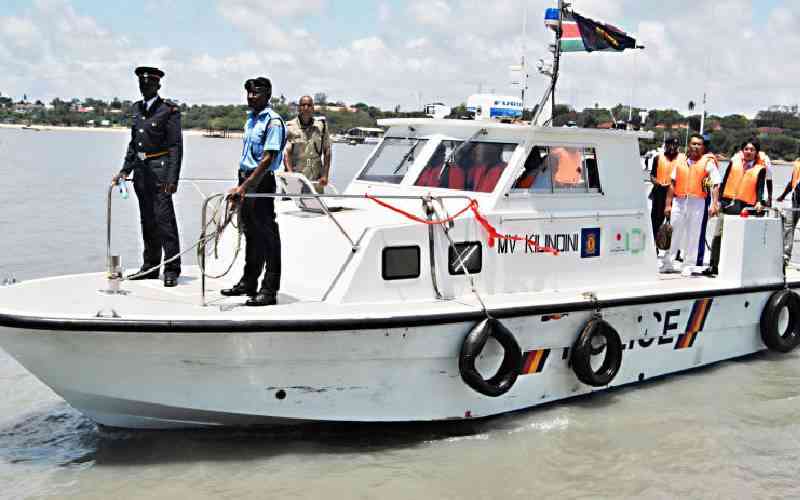×
The Standard e-Paper
Stay Informed, Even Offline

The International Maritime Organisation (IMO) recently removed the Indian Ocean from the list of High-Risk Areas (HRA) giving a major boost to trade for Kenya and the wider Eastern African region. [Omondi Onyango, Standard]
Kenya did not report a single piracy attack last year in its Indian Ocean territory and transport corridor, an annual security report says.